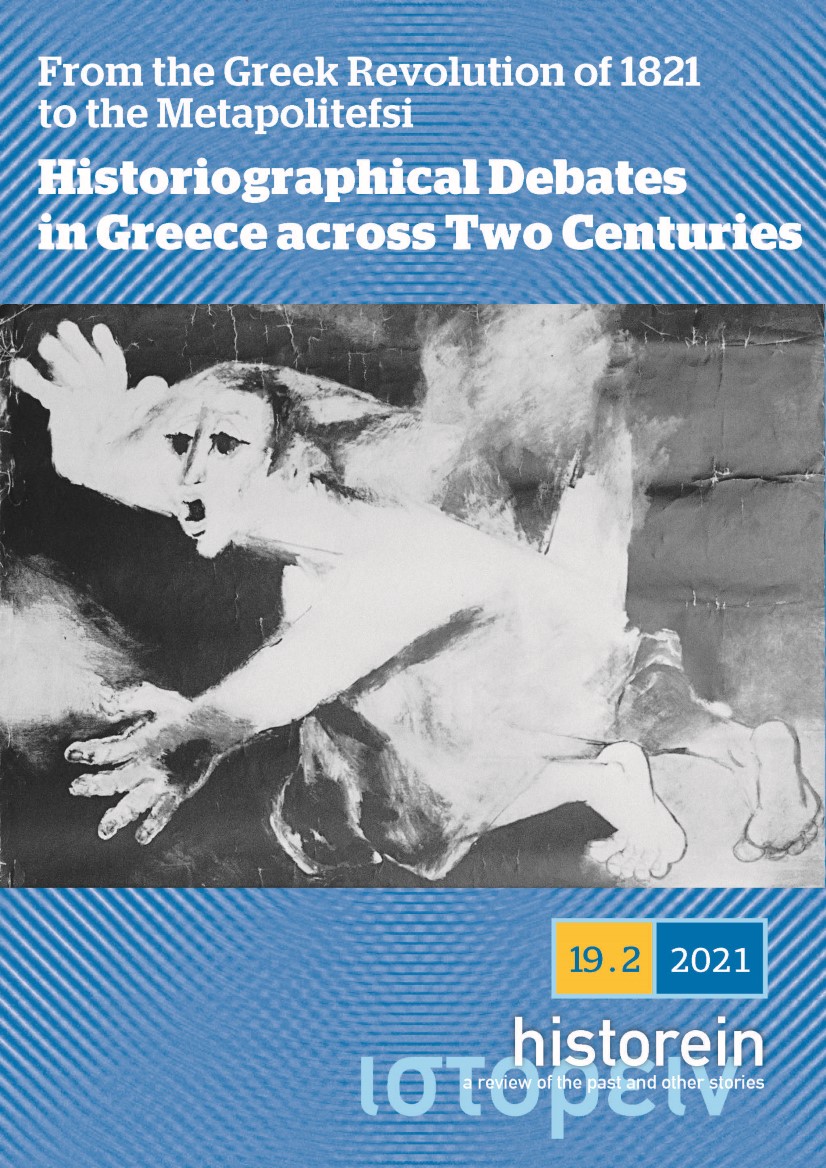Who is the Historian? The Formation of Modern Greek History and the Historical Community in the Short Twentieth Century

Abstract
The position of historian emerged as a distinct academic and professional field in Greece in the last quarter of the 20th century. In an attempt to explore this “delay” in comparison to Western European countries, this article offers an overview of the making of the field of modern Greek history during the twentieth century. Starting from the gradual acknowledgment of the autonomy of modern Greek history in relation to classical and Byzantine studies, the article traces its evolution and its close ties to political and social developments. The prevalence of historical positivism and philological principles, along with the dominance of the ideology of national continuity – the latter enriched through the postwar ideologies of national-mindedness and anticommunism – led to the persistence of the “historian-philologist” until 1974. The fall of the military dictatorship in 1974, which marked the end of the post-Greek Civil War era, was a catalyst for the flowering of modern Greek studies and the formation of a small but distinct community of historians, who regularly intervened in the public sphere.
Article Details
- How to Cite
-
Karamanolakis, V. (2021). Who is the Historian? The Formation of Modern Greek History and the Historical Community in the Short Twentieth Century. Historein, 19(2). https://doi.org/10.12681/historein.25282
- Section
- ARTICLES

This work is licensed under a Creative Commons Attribution-NonCommercial-ShareAlike 4.0 International License.
The copyright for articles in this journal is retained by the author(s), with first publication rights granted to the journal. By virtue of their appearance in this open access journal, articles are free to use (with the exception of the non-granted right to make derivative works) with proper attribution for non-commercial uses (licence Creative Commons 4.0). EKT/NHRF retains the worldwide right to reproduce, display, distribute, and use articles published in Historein in all formats and media, either separately or as part of collective works for the full term of copyright. This includes but is not limited to the right to publish articles in an issue of the Journal, copy and distribute individual reprints of the articles, authorize reproduction of articles in their entirety in another EKT/NHRF publication, and authorize reproduction and distribution of articles or abstracts thereof by means of computerized retrieval systems.


